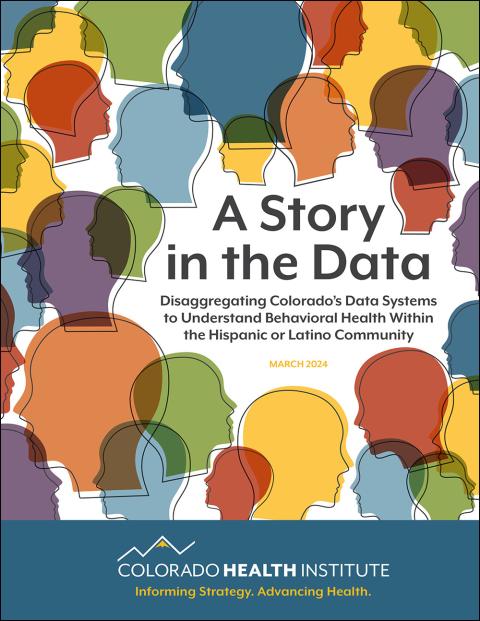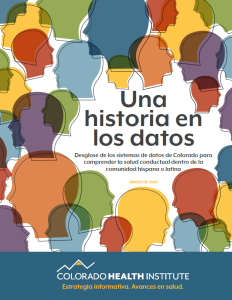The Colorado Health Access Survey (CHAS) asks questions about race, ethnicity, gender, gender identity, and sexual orientation. This information can help researchers understand differences in access and outcomes for specific Colorado communities.
As we explore issues like health coverage, access to health care, and the factors that influence health in Colorado, understanding strengths and disparities can help us see where we need to focus our efforts to achieve health equity.
But we can do more.
The race and ethnicity categories included on most surveys, including the CHAS, are so broad that they mask wide variations within specific communities. With support from our partners at the University of California, Los Angeles Center for Health Policy Research, CHI began adding additional racial and ethnic sub-identities to the CHAS questionnaire in 2021. This new information paved the way for a process called data disaggregation. Data disaggregation is a set of methods used to uncover populations often hidden in data.
The methodology reports and analyses on this page are the product of CHI's efforts to paint a more nuanced portrait of Colorado communities.
CHI thanks AJ Scheitler, EdD; Ninez Ponce, MPP, PhD; and Susan Babey, PhD, at the UCLA Center for Health Policy Research for their guidance and support of this project. We are also grateful to the community members who shared their personal stories and experiences, which provided important context that shaped this report. CHI completed this work with support from the Robert Wood Johnson Foundation.




